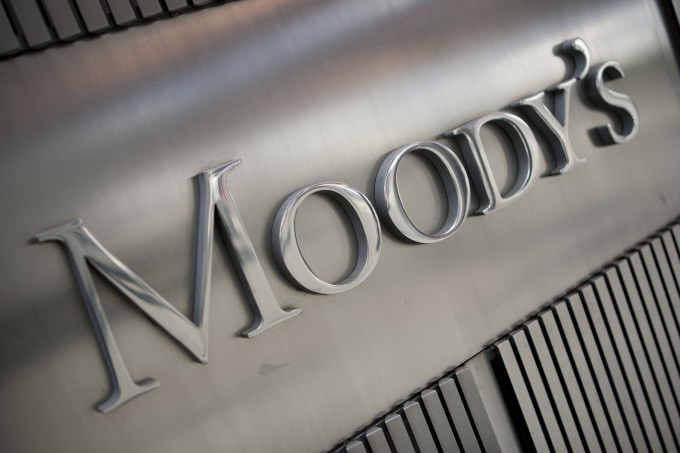
Egypt’s Finance Ministry assured that the government is working to manage macroeconomic risks with flexibility to contain successive external shocks, and is dealing in a balanced and careful manner with the negative impact of geopolitical tensions on economic activity.
In a Friday statement the government added that it is keen to meet the basic needs of citizens and expand social protection while adhering to financial discipline.
Moody’s, the international credit rating agency, announced on Thursday evening that Egypt’s future outlook was reduced from “stable” to “negative.”
Economists described the decision as expected, and portends a new reduction in the credit rating during the coming period.
Commenting on Moody’s fixing Egypt’s sovereign credit rating at “Caa1” while changing the future outlook to negative, the ministry said that Moody’s decision did not take into account the government’s current efforts.
It explained that the IPO program enhances “our ability to meet financing needs during the next two years, and contributes to attracting more investment flows and reducing the need for external financing.”
The ministry noted the state’s success in exiting some economic activities worth US$3.5 billion within the IPO program, which will help increase foreign exchange flows to cover the needs of the Egyptian economy.
The statement indicated work to put debt-to-GDP ratios on a downward path, which are currently affected by inflation, high interest rates, and exchange rates.
It referred to new procedures and reform measures for government debt management, which include setting a binding ceiling for annual burdens to ensure the downward path of the debt-to-GDP ratio will reach less than 85 percent by the end of June 2028, extending the life of the budget agencies’ debt to reach four years in the medium term instead of three years at the present time, thereby reducing the need for quick financing.
The statement explained that the government has identified sources for providing external financing for the budget, until the end of the current fiscal year, estimated at four billion dollars, noting that Egypt obtains five billion dollars annually on favorable terms from development banks.
Egypt faces ‘tough times’
In a report earlier this month Moody’s noted the risks of the continued weakness of credit situation and the difficulty of rebalancing the overall Egyptian economy and exchange rate.
The large increase in interest payments and increasing external pressures have led to the complexity of the macroeconomic adjustment process, it said.
Moody’s expected that Egypt’s record in implementing financial reform would help it obtain more financial support from the International Monetary Fund.
A Professor of Economics at Ain Shams University, Yomn al-Hamaki, called for the formation of a committee of respected experts to manage the crisis and develop urgent solutions to confront and reform government policies, thereby eliminating the official exchange rate gap and the black market, which has been escalating for more than three months without a proper solution.
Hamaki said that the economic situation is very critical and the black market is escalating and negatively affecting the consumer.
“We do not have the luxury of waiting and we have warned of the consequences of the repercussions of this crisis,” she warned.
Economic expert Hani Abul-Fotouh explained that the result of Moody’s report is no surprise, and portends a new reduction in Egypt’s credit rating in the coming period, due to the foreign currency black market.
He added that the government and the Central Bank of Egypt must develop urgent solutions to confront this crisis.




